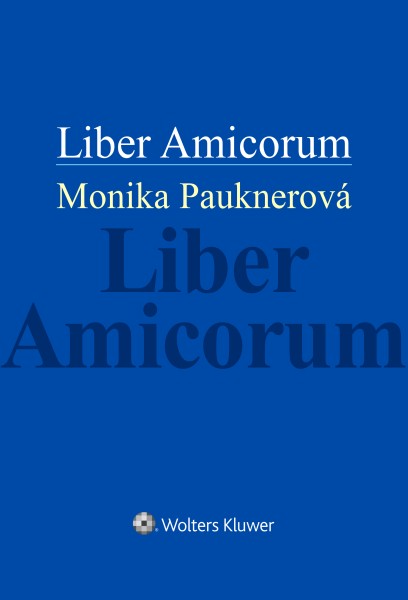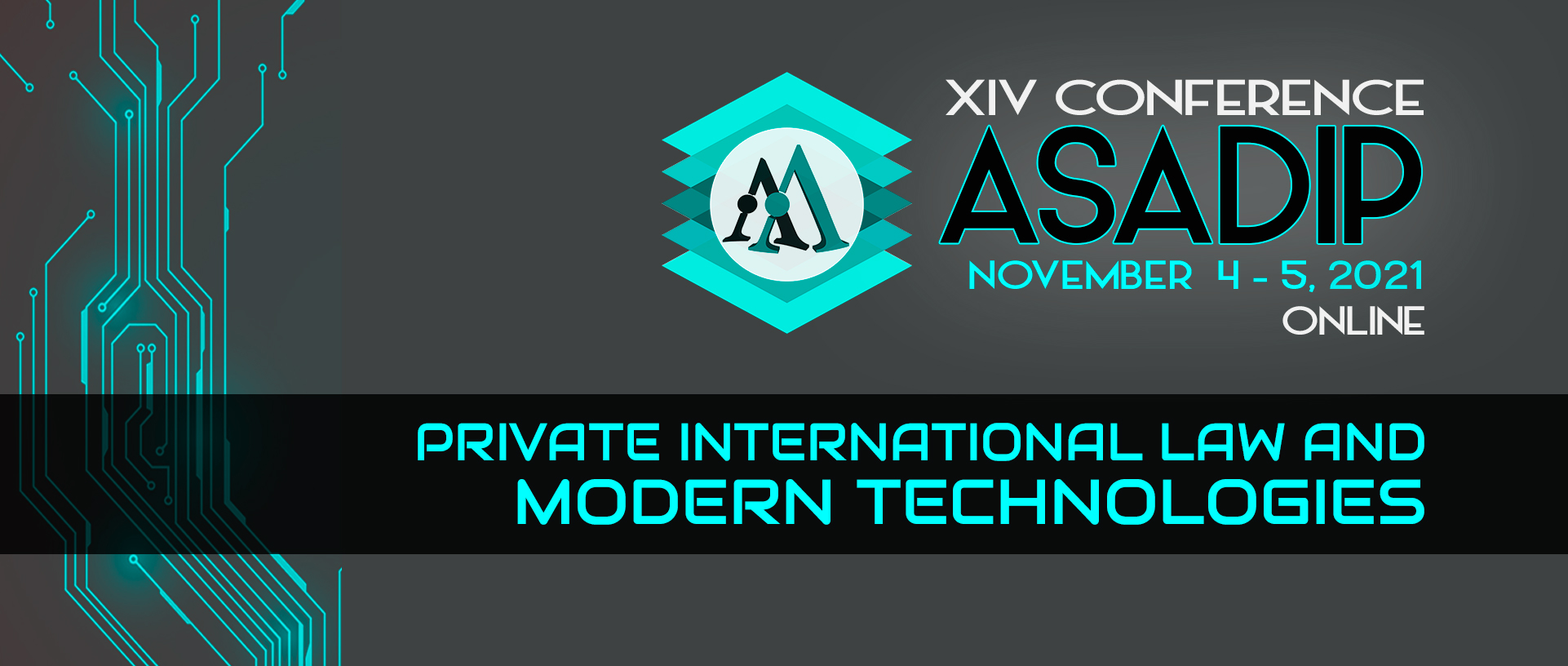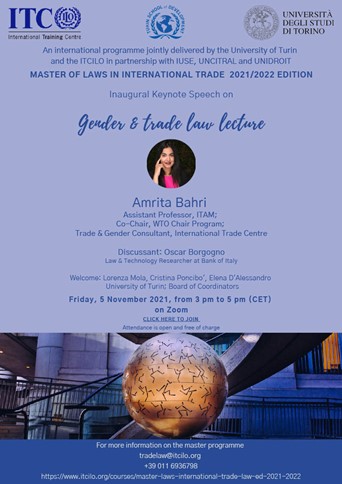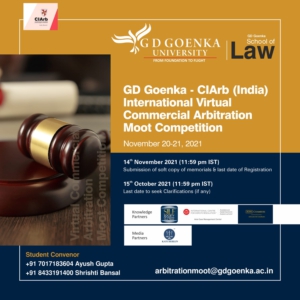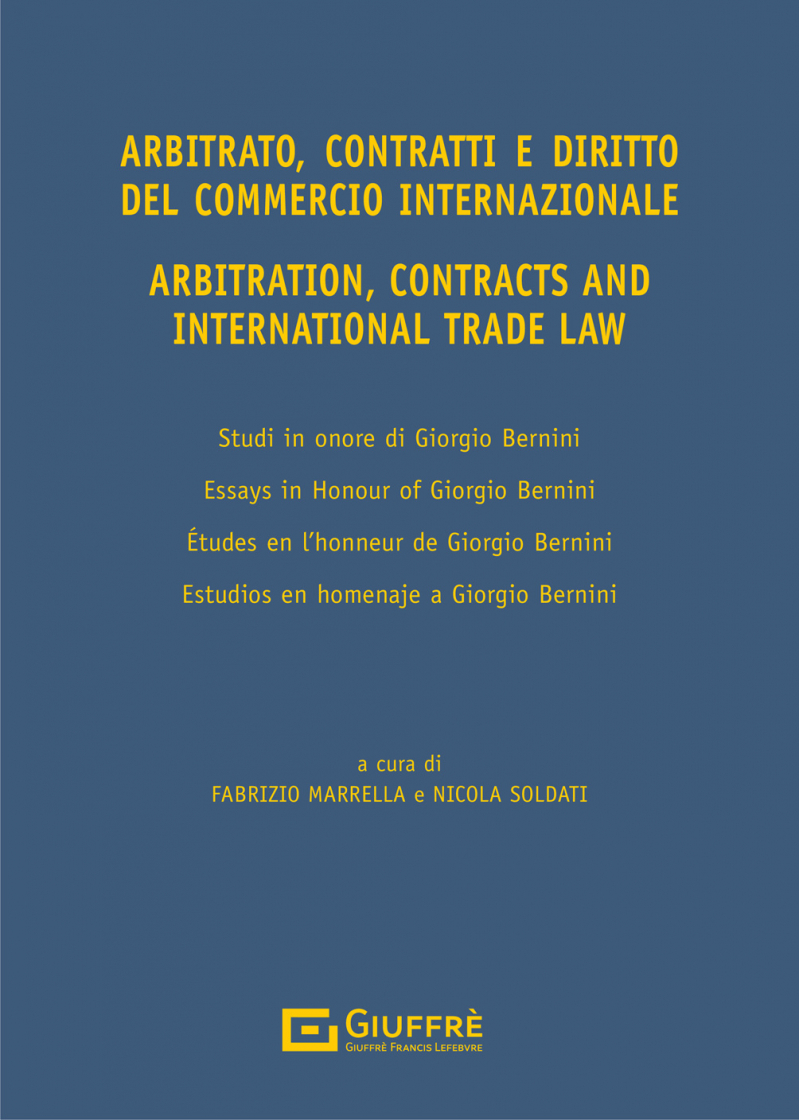Call for Papers and Panels: “Identities on the move – Documents cross borders” Final Conference
by Paul Patreider
The European Project “DXB – Identities on the move – Documents cross borders” aims at facilitating the dissemination and implementation of Regulation (EU) 2016/1191 in the everyday practice of several EU Member States, improve the knowledge of the links between circulation of public documents, fundamental rights and freedom of movement, ensure a sound implementation of the Regulation for “hard cases” and raise awareness among registrars and legal practitioners. The partnership is supported by a consortium of academic institutions and associations of registrars. More information on the Project and its partners on the official website.
DxB’s Final Conference takes place on 23–24 June 2022 at the premises of A.N.U.S.C.A.’s Academy in Castel San Pietro Terme, Bologna (Italy). The conference will offer a unique opportunity to take stock of the implementation status of Regulation (EU) 2016/1191. The event will also launch the Commentary and the EU-wide comparative survey placing the Regulation in the context of daily national practice.
The Conference will be a truly international event, gathering scholars, registrars, public administrators, political scientists, judges, PhD students and practitioners from all over Europe. Translation services are offered in English, Italian and German. To ensure wide participation as well as the variety of topics and viewpoints, we are pleased to announce a Call for Papers & Panels.
CONFERENCE TOPICS
Regulation (EU) 2016/1191 on promoting the free movement of citizens by simplifying the requirements for presenting certain public documents has so far gone largely unnoticed in scholarly debates and practitioners’ discussions. As issues related to the circulation and mutual recognition of authentic instruments in civil status and criminal matters are becoming more and more pressing, the Regulation represents a great opportunity to strengthen the principles and values of the European Union.
Given the strict connection between the scientific and practical dimension of Regulation 2016/1191, authors are invited to examine how this act is currently implemented in the context of national civil status systems and fundamental rights. They should explore the potential positive impact on the freedom of movement of European citizens and on the enjoyment of their fundamental rights as well as focus on critical aspects and deficiencies of the current legal framework.
We encourage applicants to submit proposals for papers and panels related to the Regulation and its context. Possible topics include:
- The creation of a common European civil status framework;
- The notion of “public document” under the Regulation and similar instruments (e.g. formal and substantial requirements) and under domestic law;
- The circulation of criminal records;
- Problems arising from the lack of standardized definitions shared by all Member States (e.g. “crime”, “sex”, “intended parent”, “intersex” );
- The impact of the Regulation on the effective exercise of the freedom of movement;
- Connections between EU citizenship, national citizenship status, and circulation of public documents;
- Case-law of the Court of Justice influencing the interpretation and implementation of the Regulation, with special regard to the Charter of Fundamental Rights and the ECHR;
- Exercise of electoral rights and the circulation of public documents under Article 2.2. of the Regulation;
- Analysis of “hard cases” when applying the Regulation (e.g. marriages celebrated by religious authorities as third-country public documents etc.);
- The Regulation in comparison to the ICCS Conventions and other relevant international conventions (e.g. the Hague Apostille Convention (1961));
- E-Justice Portal tools (e.g. the multilingual form-filling system) and the efficiency of the Internal Market Information System (IMI) in the event of doubts as to the veracity of the documents, or the authenticity of the authority that signed them;
- The digitalization of documents and their circulation; how to ensure the authenticity of digital documents (both native digital size or digital copies of a paper original); forms of electronic signature or seals, with special regard to electronic signatures governed by the eIDAS Regulation and country-specific standards;
- Extension of the scope of the Regulation to public documents relating to, among others, the legal status and representation of a company or other undertakings, diplomas, certificates and other evidence of formal qualifications, officially recognised disabilities, etc. (see article 23 of the Regulation);
- Critical issues related to multilingual standard forms (regional/local linguistic minorities; public documents for which multilingual standard forms are not yet established by the Regulation etc.).
WHO SHOULD PARTICIPATE
Participation is not restricted to lawyers or to established scholars. We welcome registrars, public administrators, professionals, practitioners, doctoral students. We welcome proposals that offer multi-disciplinary perspectives from various areas of law (including European, civil, administrative, comparative, international, criminal, and labour law), as well as from scholars in the humanities and the social sciences (e.g. history, economics, political science, sociology) with an interest in the Conference’s themes. We also welcome submissions from both senior and junior scholars (including doctoral students) as well as interested practitioners.
PAPER AND PANEL SUBMISSIONS
- Submit your PAPER proposal with an abstract of a maximum of 500 words and 5 keywords. The abstract must also contain Title, Name, Affiliation (e.g. university, institution, professional association), Country and E-mail address.
- Submit your PANEL proposal with an abstract of a maximum of 800 words and 5 keywords. We welcome a state-of-the art symposium or a round-table providing on key issues. Fully formed panel proposals should include at least three and no more than five presentations by scholars or practitioners who have agreed in advance to participate. Panel proposals should also identify one panel chair/moderator. Include: title of the panel, names of speakers and of the chair/moderator and their affiliation (e.g. university, institution, professional association), title of each presentation (if applicable), e-mail address of panel participants, language(s) to be used.
We encourage submissions in English. However, as part of the vision of a truly European conference, paper and panel proposals will also be accepted in Italian and German.
Selected paper authors will receive further information on the publication of the proceedings.
Submission templates for paper & panel proposal are available on the DXB website.
HOW AND WHEN TO SUBMIT
Send proposals to: info@identitiesonthemove.eu. Indicate in the e-mail subject line: “Conference call – name of the (lead) author (or moderator) – Title of the paper or panel proposal”.
The deadline for submitting the paper or panel abstract proposal is 22 December 2021.
Applicants will be informed about the outcome of the abstract selection process no later than 15 January 2022. If successfully selected, full papers must be submitted by 15 April 2022.
PROGRAMME AND REGISTRATION
The draft of the Conference Programme will be published on 1st March 2022. The final Conference Programme with all panel sessions will become available on 25 April 2022.
Registration for the Conference opens on the DXB website on 15 January and closes on 20 May 2022.
The event will be held in person, in compliance with the current health safety regulations, and will also be broadcast online via live streaming with free access.
Onsite participants will need a Covid-19 digital certificate (Green Pass), or equivalent certificate recognized under Italian law, if still so required by the Authorities at the time of the conference.
N.B. All speakers and moderators, including those invited under the call, are required to attend the event in person.
Registration fee: it includes conference materials, shuttle service (see website for details), tea/coffee and lunch refreshments as well as the certificate of attendance.
Ordinary fee: 80 Euros
Reduced student fee (including Ph.D. students): 40 Euros
Check the Project website for updates.
This project was funded by the European Union’s Justice Programme (2014–2020). Project number: 101007502. The content of this Call represents the views of the partners only and is their sole responsibility. The European Commission does not accept any responsibility for use that may be made of the information it contains.
Mag. Paul Patreider, Institut für Italienisches Recht, Fachbereich Privatrecht, Universität Innsbruck

